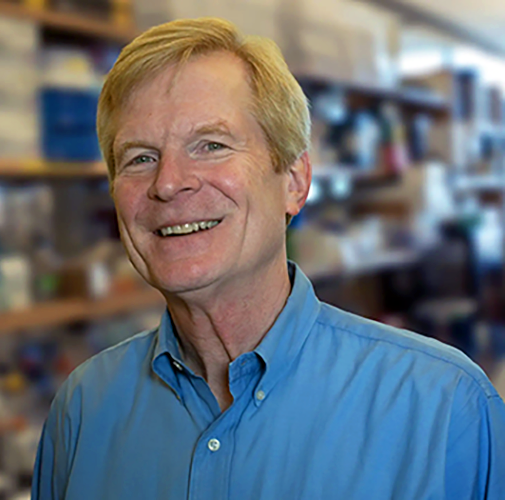
Christopher A. Walsh, MD, PhD
Chief, Division of Genetics, Pediatrics, Boston Children's Hospital; Investigator, Howard Hughes Medical Institute; Bullard Professor of Pediatrics and Neurology, Harvard Medical School.
Aspm knockout ferret reveals an evolutionary mechanism governing cerebral cortical size.
Johnson MB, Sun X, Kodani A, Borges-Monroy R, Girskis KM, Ryu SC, Wang PP, Patel K, Gonzalez DM, Woo YM, Yan Z, Liang B, Smith RS, Chatterjee M, Coman D, Papademetris X, Staib LH, Hyder F, Mandeville JB, Grant PE, Im K, Kwak H, Engelhardt JF, Walsh CA, Bae BI.
Nature 2018;556(7701):370-5. PMCID: PMC6095461
Aging and neurodegeneration are associated with increased mutations in single human neurons.
Lodato MA, Rodin RE, Bohrson CL, Coulter ME, Barton AR, Kwon M, Sherman MA, Vitzthum CM, Luquette LJ, Yandava CN, Yang P, Chittenden TW, Hatem NE, Ryu SC, Woodworth MB, Park PJ, Walsh CA.
Science 2018;359(6375):555-9. PMCID: PMC5831169
Rates, distribution and implications of postzygotic mosaic mutations in autism spectrum disorder.
Lim ET, Uddin M, De Rubeis S, Chan Y, Kamumbu AS, Zhang X, D'Gama AM, Kim SN, Hill RS, Goldberg AP, Poultney C, Minshew NJ, Kushima I, Aleksic B, Ozaki N, Parellada M, Arango C, Penzol MJ, Carracedo A, Kolevzon A, Hultman CM, Weiss LA, Fromer M, Chiocchetti AG, Freitag CM, Autism Sequencing Consortium, Church GM, Scherer SW, Buxbaum JD, Walsh CA.
Nat Neurosci 2017;20(9):1217-24. PMCID: PMC5672813

